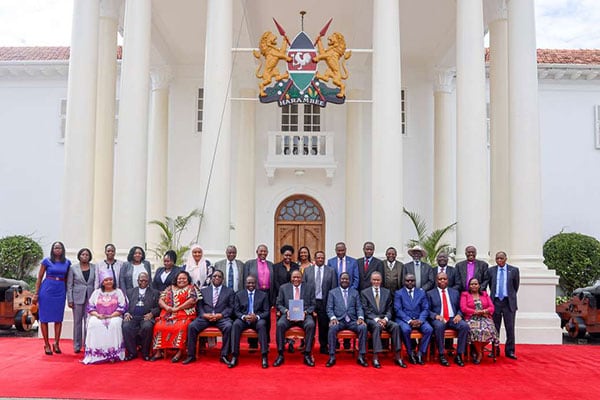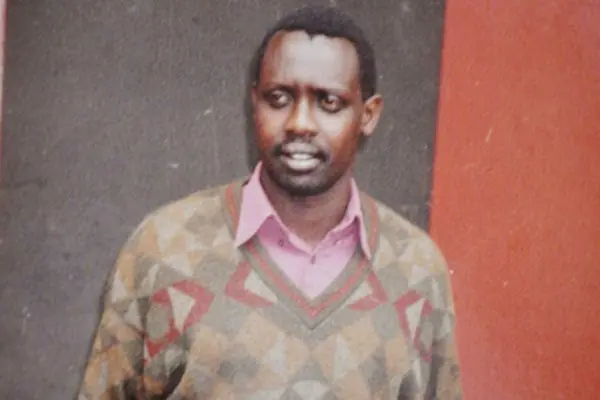The upcoming Ong’ondo Were burial has sparked a wave of fear and paranoia among Kenyan lawmakers. Ever since the brutal assassination of Kasipul MP Charles Ong’ondo Were on April 30, 2025, Members of Parliament have become jittery, fearing for their lives.
Were was shot dead along Ngong Road in a shocking attack that exposed the glaring weaknesses in VIP security. Now, as his burial approaches on Friday, May 9, MPs are demanding tighter security amid chilling reports that his killers might strike again.
The fear is so intense that MPs are reportedly afraid to leave Were’s Karen home after sunset, revealing deep cracks in Kenya’s political security fabric.

Growing Fear Among Lawmakers Ahead of Ong’ondo Were Burial
The assassination of Charles Ong’ondo Were has shattered the sense of safety among Kenyan MPs. His killing was not just an isolated crime—it has unmasked the raw dangers politicians face behind the scenes.
According to Homa Bay Town MP George Peter Kaluma, the situation has spiraled into outright fear. Kaluma revealed that even visiting Were’s Karen home has become a nerve-racking experience.
“Even yesterday, members feared to leave beyond dusk. No one knows who could be next,” Kaluma said, underscoring the gravity of the threat.
The murder of a sitting MP in what appears to be a well-orchestrated hit has raised haunting questions: if an MP, accompanied by bodyguards, can be taken out so easily, who is truly safe?
Alego Usonga MP Samuel Atandi expressed deep concern, stating that Were’s assassination shows that even elected leaders with security details are vulnerable.
The National Police Service has been put on the spot, with MPs now urging urgent reforms and enhanced protection for political leaders. The killing has not only exposed security lapses but also damaged Kenya’s international image as a stable democracy.
A Death Wrapped in Political Grudges and Chilling Warnings

Were’s death has peeled back layers of dirty politics in Homa Bay County. Before his murder, videos surfaced showing the MP openly declaring that his life was under threat.
He named individuals he believed wanted him dead, fueling suspicions that his assassination was politically motivated.
Insiders describe Were as a politician who was feared as much as he was respected. Known for ruthlessly dealing with rivals, Were had made powerful enemies within political circles. His iron-fist tactics might have sealed his fate, leading to his tragic end.
With his burial set for May 9, the fear is palpable. Some MPs whisper about possible chaos during the funeral, worried that the same forces behind his killing might strike again.
The specter of violence has left many lawmakers paranoid, questioning whether attending the burial might place them in harm’s way.
MPs Demand Urgent Police Action Before Things Spiral
The backlash against the National Police Service has been swift and sharp. Lawmakers are demanding not just explanations but real, tangible steps to boost their security.
Kaluma and Atandi, among others, are pushing for 24/7 surveillance, armored vehicles, and stricter vetting of security personnel attached to politicians. Kenya’s political arena is no stranger to violence, but Were’s assassination has hit a new low.
The casual nature of his killing—broad daylight, prime Nairobi road, armed bodyguards powerless—has reignited debates about whether the state truly values the lives of its elected leaders.
Security experts warn that unless the police act fast and decisively, the Ong’ondo Were burial could become a flashpoint for more bloodshed.
The stakes are high, and with the eyes of the nation and the international community on Kenya, failure is not an option.











































